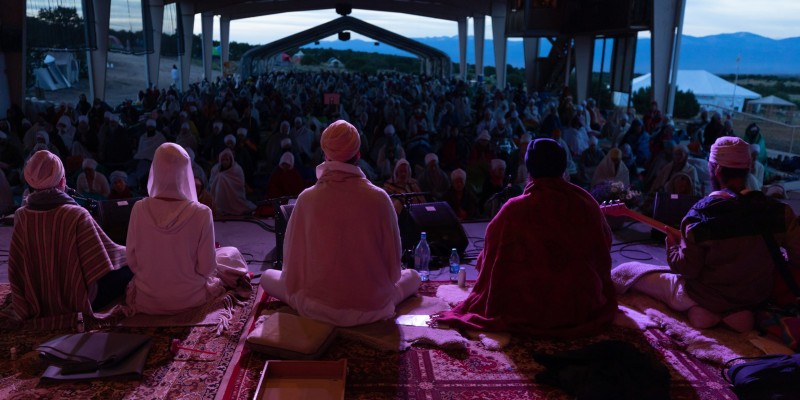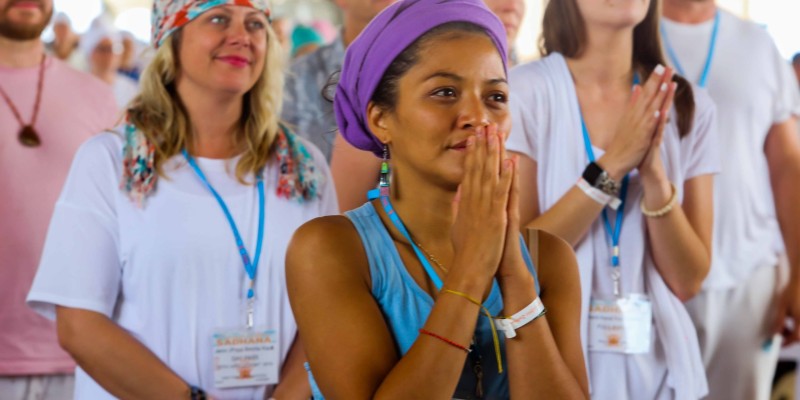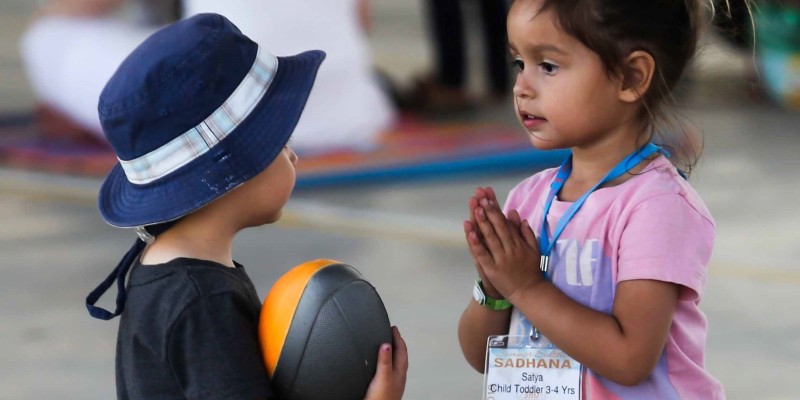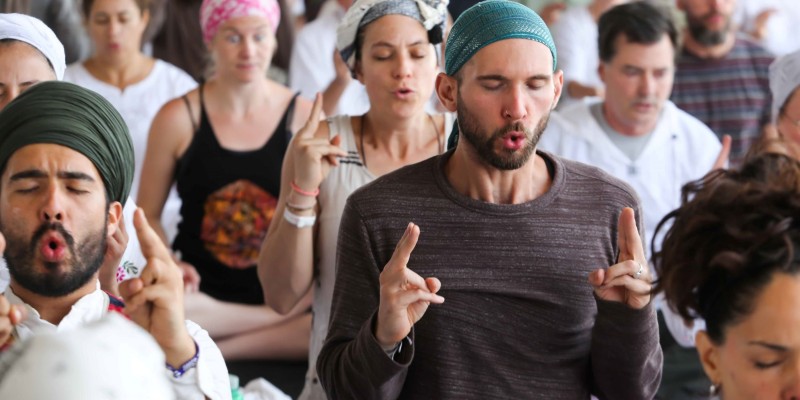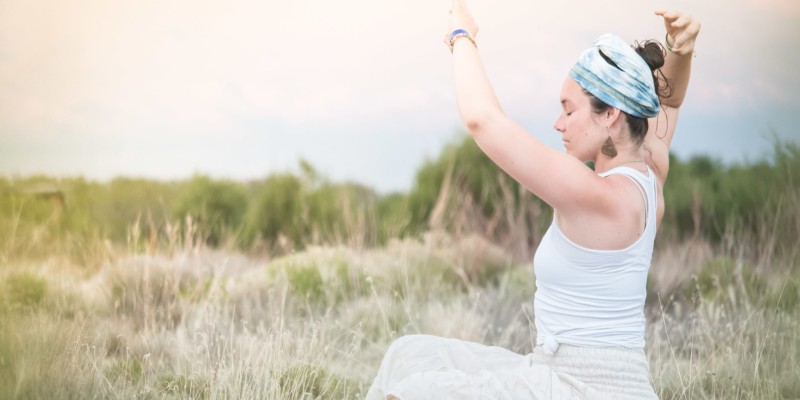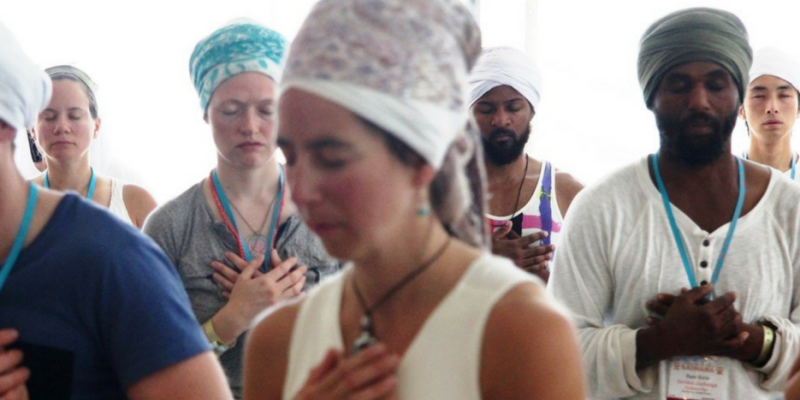The Science of Kundalini Yoga for Trauma and Addictions
As practitioners of Kundalini Yoga, we know how this practice can change our lives and help us find our way through difficult situations. It is not surprising that Kundalini Yoga is helpful for overcoming symptoms of post-traumatic stress disorder (PTSD) and addictions. Dr. Shanti Shanti Kaur of the Guru Ram Das Center for Medicine and Humanology (GRD Center) has developed a protocol using Kundalini Yoga for PTSD, and Dr. Mukta Kaur has developed a Kundalini program for addictions known as SuperHealth®. Both of these programs have been tested in research studies and have been shown to be effective. Studies Using Kundalini Yoga…

